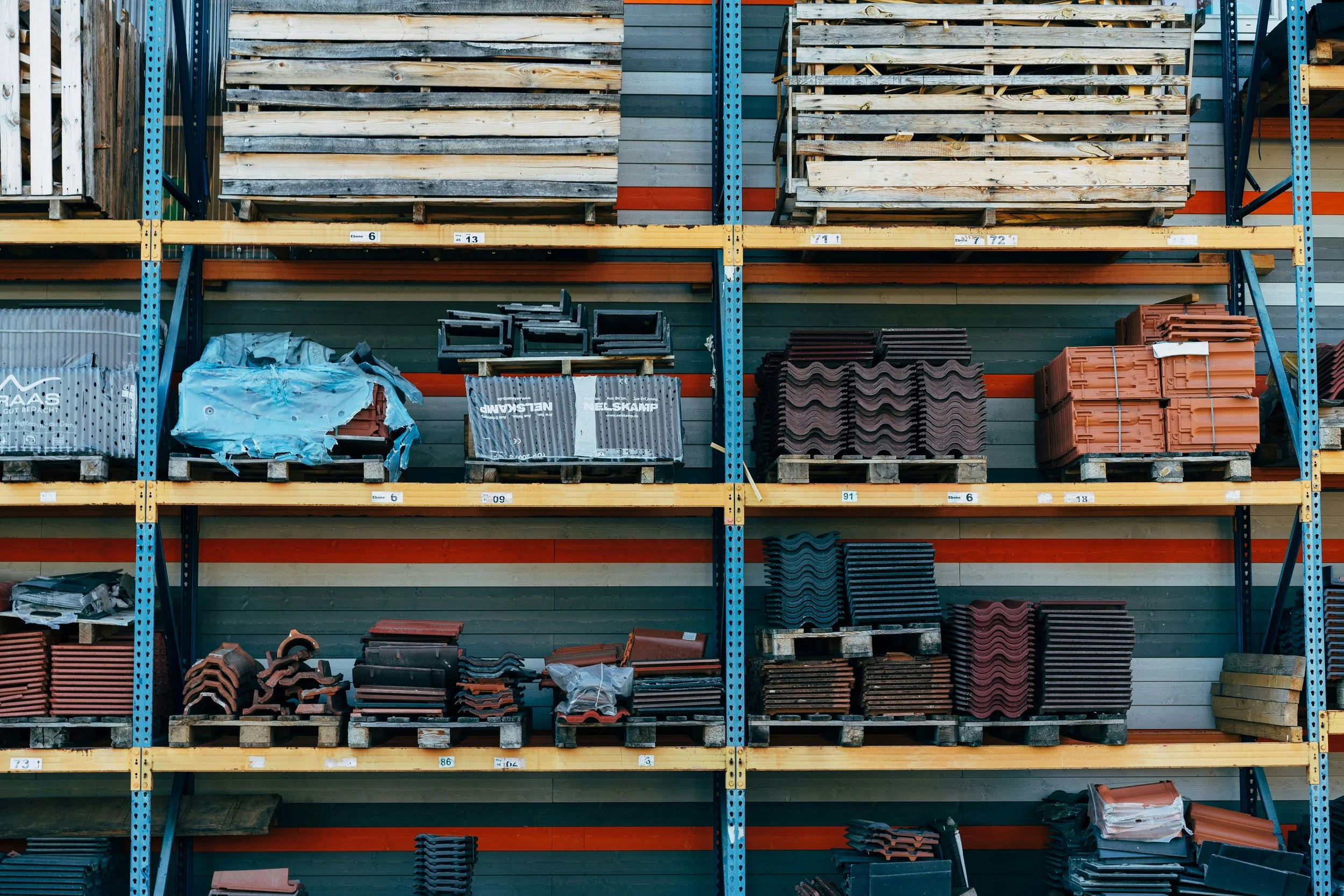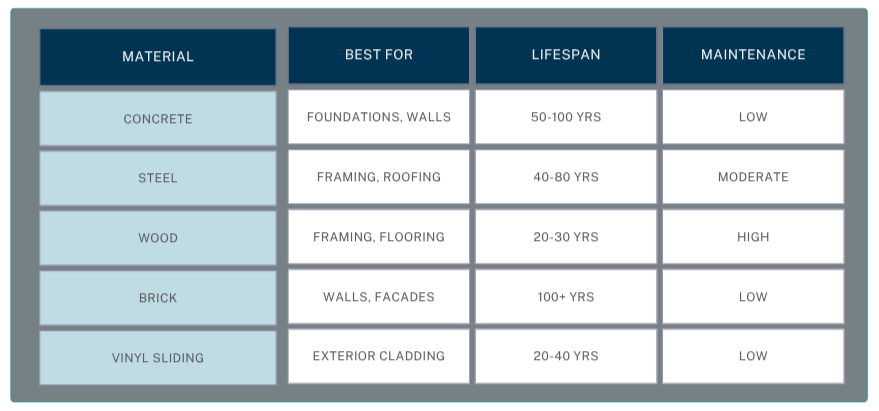
How to Choose the Right Construction Materials for Your Project
Choosing the right construction materials is one of the most critical decisions in any building project. The materials you select impact durability, cost, aesthetics, and even energy efficiency. Whether you're building a home, a commercial space, or a renovation project, picking the best materials ensures long-term success.
Here’s your ultimate guide to selecting the best construction materials for your needs.
#01
Understand Your Project Requirements
Before selecting materials, define your project’s purpose, location, and budget.
Residential vs. Commercial – Homes may prioritize comfort, while offices need durability.
Climate Considerations – Extreme heat, cold, or humidity affect material choices.
Budget Constraints – High-end materials (like marble) cost more than alternatives (like porcelain tiles).
Ask yourself:
How long should the structure last?
What maintenance will it require?
Are there local building codes to follow?
#02
Compare Material Durability & Lifespan
Not all materials last the same—some degrade faster under stress.
Pro Tip: If longevity is key, invest in weather-resistant and termite-proof materials.
#03
Consider Energy Efficiency & Sustainability
Eco-friendly materials save money and reduce environmental impact.
Insulated Concrete Forms (ICFs) – Better temperature control.
Recycled Steel – Strong and sustainable.
Bamboo Flooring – Renewable and stylish.
Low-E Windows – Reduce heat transfer.
Green certifications to look for:
LEED Certification
Energy Star Rated
FSC-Certified Wood
#04
Balance Aesthetics with Functionality
Your materials should look good and perform well.
Exterior: Brick and stone offer timeless appeal but can be costly. Fiber cement is a budget-friendly alternative.
Interior: Hardwood floors add luxury but require upkeep. Luxury vinyl plank (LVP) mimics wood with less maintenance.
Roofing: Asphalt shingles are affordable, while metal roofs last longer.
Tip: Visit showrooms or get samples before finalizing.
#05
Factor in Maintenance & Long-Term Costs
Some materials are cheap upfront but expensive to maintain.
Wood → Needs sealing, staining, and pest control.
Concrete → Low maintenance but may crack over time.
Metal → Resistant to pests but can corrode in humid climates.
Ask:
How often will repairs be needed?
Will replacements be costly?
Final Thoughts
Choosing the right construction materials requires research, budgeting, and foresight. By considering durability, sustainability, aesthetics, and maintenance, you’ll ensure a strong, beautiful, and cost-effective structure.
Pro Advice: Consult an architect or contractor for expert recommendations tailored to your project!

